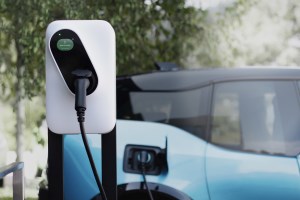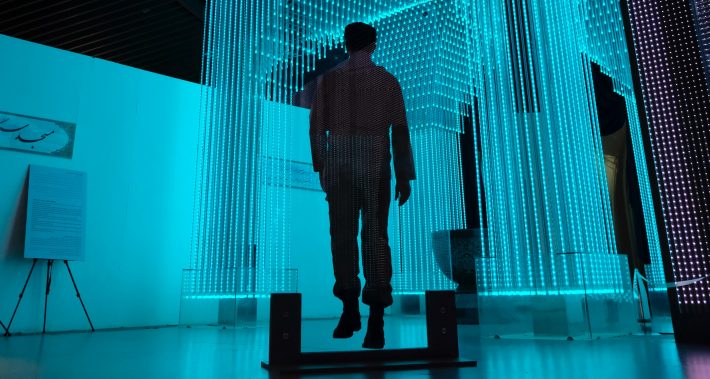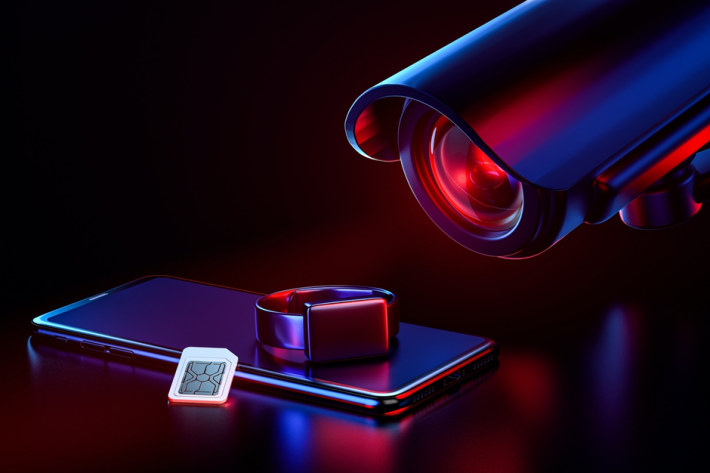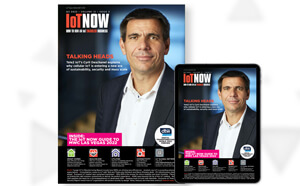Gemalto, a provider of digital security products, has announced that its Cinterion® M2M technology is powering the TRiLOC™ GPS Personal Locator Device (PLD) used to locate people with Autism Spectrum Disorder (ASD), dementia and Alzheimer’s disease.
The wristwatch uses an ultra-slim Cinterion module to provide 24/7 global cellular communications and Global Positioning System (GPS) tracking. The TRiLOC device helps caregivers locate and safeguard people with special needs while minimising the need for constant physical supervision.
Worldwide there are more than 30 million individuals suffering from autism or Alzheimer’s disease with more than 60 million caregivers looking for solutions to improve their independence and safety.
The watch transmits an individual’s precise location to the designated caretaker’s mobile phone or computer while enabling hands-free two-way voice calling when needed.
A remote listening feature allows caretakers to detect when immediate help is required, and the wearer has access to an SOS button in case of emergencies.
Developed by iLOC Technologies, the TRiLOC PLD integrates Gemalto’s Cinterion PHS8 M2M module to provide simultaneous high-speed data and voice communications as well as GPS location data. With Bluetooth™ 4.0, the TRiLOC PLD can sync with mHealth devices, smart home appliances and security solutions to send status updates to caregivers.
An optional accessory worn by caregivers enables proximity detection and electronic tethering sending immediate text messages and audio alarms if an individual strays too far. In addition, an alert can be sent when the device’s lockable strap is tampered with.
“We created TRiLOC GPS Personal Locator after two years of research and many discussions with care giving associations and parents of children with ASD,” said Tony Fama, iLOC President, CEO and father of a son with ASD.
“TRiLOC gives my son greater autonomy and reduces the need of constant supervision. With the tethering accessory, families or caregivers can plan trips to museums, shopping centers, and even busy theme parks without the enormous stress of the individual wandering off.”






